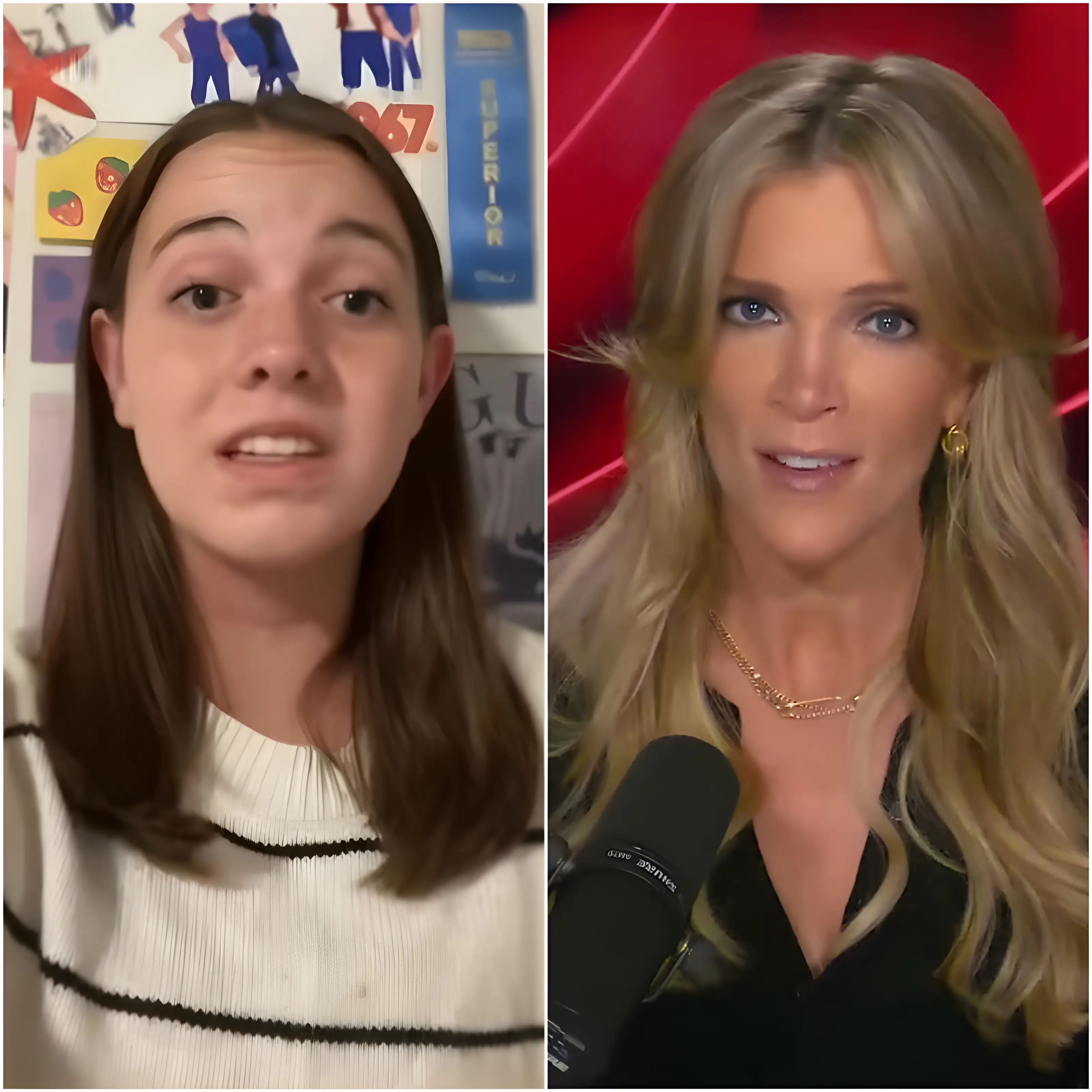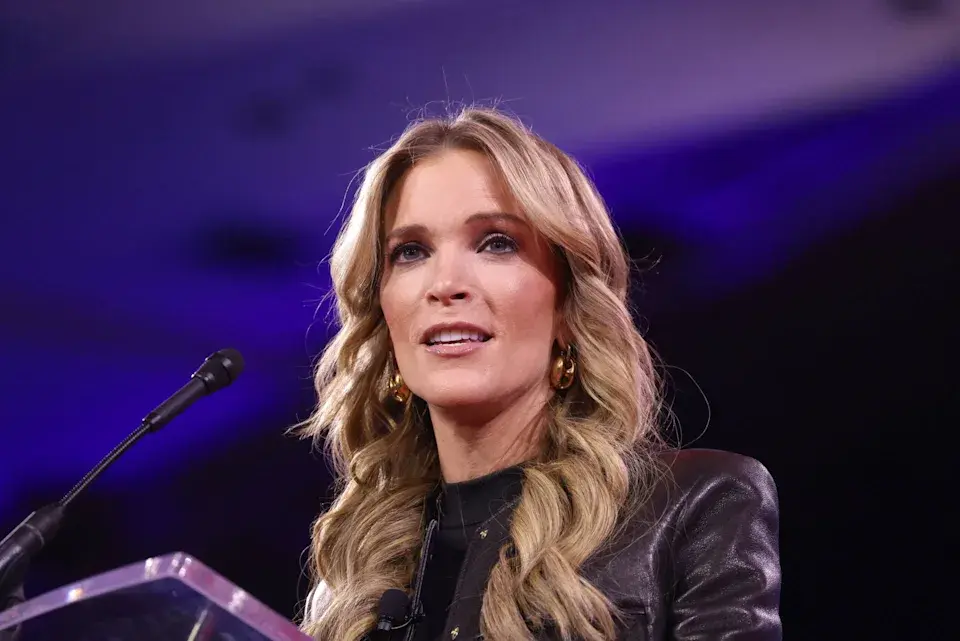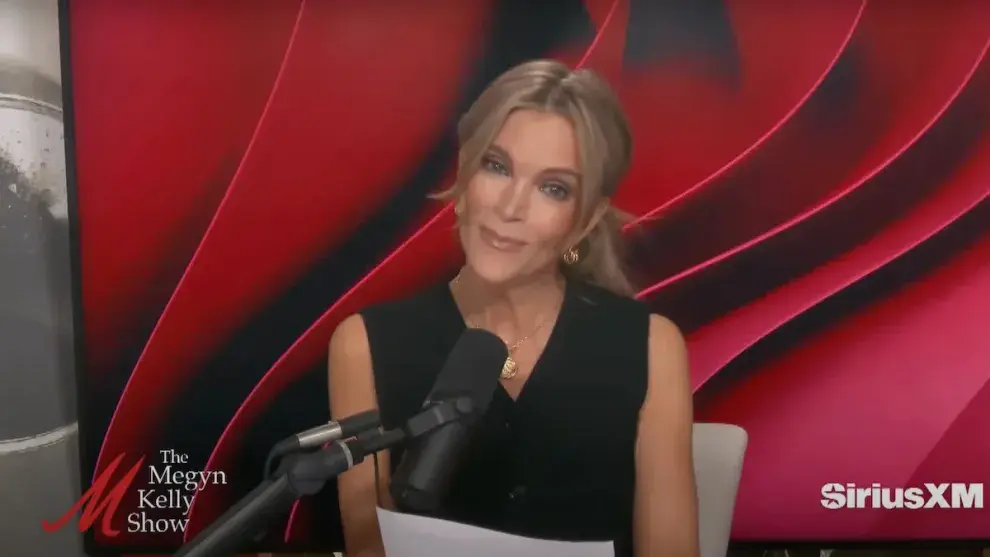In a viral moment that’s electrified social media, 14-year-old Eloise, a high school freshman from Ohio, unleashed a blistering takedown of conservative commentator Megyn Kelly. Her TikTok video, posted just days after Kelly’s controversial podcast remarks, has racked up millions of views. Eloise didn’t hold back, accusing Kelly of minimizing child sexual abuse by drawing arbitrary lines on victim ages.

Kelly’s comments, aired on her SiriusXM show on November 13, 2025, sparked immediate outrage. Discussing newly released Epstein emails that implicate former President Donald Trump, she questioned labeling Epstein a “pedophile.” Kelly claimed, based on an unnamed source, that Epstein targeted “the barely legal type—like 15-year-olds—who could pass for even younger but look legal to a passerby.” She added that no victims under 10 had come forward, implying a lesser severity.
The emails, disclosed by House Oversight Democrats, paint a damning picture. Sent between 2011 and 2019, they show Epstein boasting to associates about Trump’s knowledge of “the girls.” One message details Trump spending hours with a victim, while another notes his awareness of Epstein’s underage trafficking network. These revelations have intensified calls for full Epstein file releases, amid Trump’s administration stonewalling.
Eloise’s response cuts straight to the heart. “Hey Megyn Kelly, I’m Eloise and I’m 14 years old,” she begins calmly, her voice steady despite the heavy topic. She explains how her mother initially filmed a reaction, deeming it unfit for a child. But Kelly’s words changed that, compelling Eloise to speak. “After hearing you explain that Epstein wasn’t into eight-year-olds, just the barely legal type like 15, I realized you might need a reality check from a literal child.”
Her words resonate with raw authenticity. Eloise describes her peers: some with baby faces, braces, still scared at night, calling parents for comfort. “We basically are middle schoolers,” she says, underscoring the innocence Kelly glossed over. The teen highlights federal law’s clear stance—anyone under 18 is a minor, no exceptions for puberty or appearance. “What you said wasn’t factual. It was minimizing,” Eloise asserts, labeling it a technicality that excuses predators.

The video’s power lies in its unflinching clarity. Eloise flips the script, declaring kids shouldn’t be moral guides for adults. “If a 14-year-old has to explain that children are children, and there’s no age where abuse becomes less bad, then the problem isn’t confusion—it’s corruption.” She urges discomfort as a catalyst: adults debating victim ages protect predators, not truth. Her closing plea? Release all Epstein files to honor survivors.
Backlash against Kelly has been swift and fierce. Democratic strategist Ally Sammarco called it “career-ending,” tweeting, “15-year-olds are CHILDREN. They can’t drive. They can’t see rated R movies. But disgusting 50-year-old men should be allowed to rape them? Goodbye. Forever.” Activist Shannon Watts accused Kelly of portraying Epstein and Trump as “horny men” rather than predators, using her platform to normalize trafficking.
CNN’s panel shredded Kelly’s logic as “completely stupid.” Host Jake Tapper replayed the clip, stunned by her pedophilia hair-splitting. Mother Jones dubbed it another unasked-for absurd take, akin to her past defenses of blackface or white Santa. Even some conservatives distanced themselves, with podcaster Ben Shapiro pivoting to unrelated topics like H-1B visas.
Kelly, a Trump 2024 backer who once hailed him as a “protector of women,” has doubled down. On her show, she framed her remarks as “just facts,” questioning why the administration didn’t release files outright to dilute Trump’s spotlight. Critics see this as deflection, especially after Attorney General Pam Bondi’s unfulfilled promises on Epstein videos and a supposed client list.
Eloise’s intervention transcends partisanship, amplifying survivor voices amid Epstein’s sprawling scandal. The financier’s network ensnared elites, with Trump once calling him a “terrific guy” who liked “beautiful women… on the younger side.” Flight logs show Trump on Epstein’s jet multiple times, though he claims a fallout in the early 2000s. No charges have stuck, but the emails erode denials.

This clash highlights broader media fractures. Right-wing outlets like Fox News buried the email story for hours, focusing on shutdown threats instead. Kelly’s silence on her own backlash speaks volumes, as sponsors reportedly eye exits. Her NBC firing in 2018 over blackface echoes here—tone-deaf comments alienating audiences.
For young Eloise, the video was cathartic yet burdensome. In follow-ups, she shared receiving supportive messages from teens worldwide, but also harassment from MAGA trolls. “I didn’t want to be the voice, but silence helps no one,” she told a local Ohio reporter. Her mother, a teacher, praised the bravery, noting it sparked family discussions on consent and power.
As demands grow for transparency—led by figures like Rep. Marjorie Taylor Greene, despite her Trump rift—the Eloise effect endures. Petitions for Kelly’s ouster surpass 100,000 signatures. Victims’ advocates hail the teen as a beacon, reminding that age doesn’t diminish trauma. In an era of elite impunity, her words echo: protect children, not predators.
The Epstein saga, reignited by these files, underscores unresolved justice. Ghislaine Maxwell rots in prison, but her “clients” evade scrutiny. Trump’s DOJ probes into Bill Clinton distract, yet facts demand accountability across aisles. Eloise’s demolition isn’t just personal—it’s a clarion call for unvarnished truth.
In Washington, where scandals fester, a child’s voice pierces the din. Megyn Kelly’s defense crumbles under scrutiny, exposing complicity’s cost. As Eloise concludes, discomfort is the first step. Will it lead to reform, or more deflections? Only time—and relentless advocacy—will tell.






